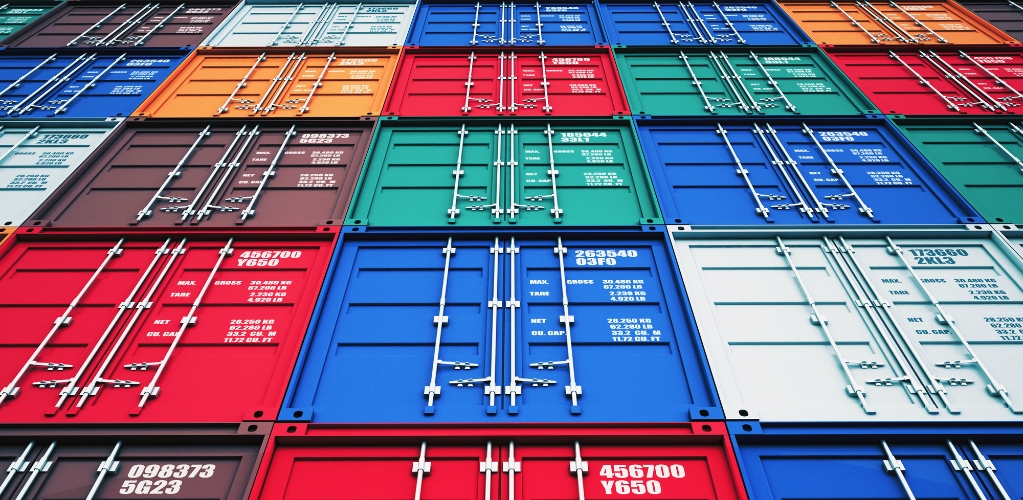
Organizations are increasingly adopting containerization to streamline software development and deployment processes. Containers provide portability, consistency across environments, and efficient resource utilization. In MLOps projects, where data scientists often rely on MATLAB, containerization is particularly beneficial.
Consider a team developing machine learning models in MATLAB. Without containers, deploying these models across different environments can be challenging. By packaging MATLAB functions with their dependencies into containers, teams ensure reliable execution across systems.
Key advantages include seamless migration between development, testing, and production environments, eliminating compatibility issues. Combined with Kubernetes, MATLAB workloads can be scaled dynamically. This approach also enhances collaboration by allowing data scientists to focus on model development while DevOps teams manage deployment.
MATLAB Runtime is essential for running MATLAB functions in containers without requiring a full MATLAB installation. It consists of shared libraries that enable executing compiled MATLAB applications. This approach reduces licensing overhead and simplifies large-scale deployments.
There are two ways to use MATLAB Runtime in containers:
Custom images provide greater flexibility, enabling seamless integration with other programming environments, custom system libraries, or optimized container sizes.
Several methods exist for exporting MATLAB functions for container use, depending on project needs:
Choosing the right method depends on deployment needs, performance requirements, and the target environment.
To containerize MATLAB functions efficiently, follow these steps:
By following these steps, MATLAB containers can be efficiently built, scaled, and maintained.
Kubernetes provides a robust framework for deploying and managing MATLAB containers at scale. It automates deployment, scaling, and monitoring of workloads.To run MATLAB containers in Kubernetes:
Kubernetes ensures efficient resource utilization and high availability for MATLAB workloads in production.
Containerizing MATLAB functions unlocks new levels of scalability, flexibility, and reliability. It eliminates deployment inconsistencies and enables smooth integration with modern cloud-based workflows. However, challenges like licensing management and performance optimization remain key considerations.Future developments in MATLAB containerization may include:
As containerization evolves, MATLAB users will experience even greater efficiency in cloud-native environments, transforming how MATLAB applications are deployed and managed.